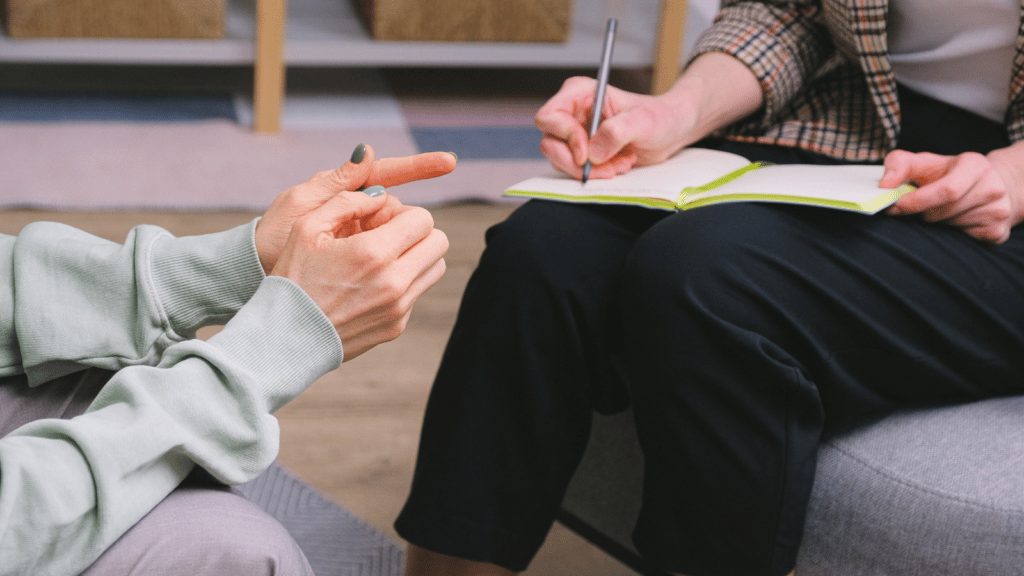Hope as defined by Oxford Languages is a feeling of expectation and desire for a
certain thing to happen. They also define it as grounds for believing that something
good may happen.
But what happens when you don’t have any hope or when all hope is stripped away by
circumstances or past experiences?
If someone were to ask me when the most hopeless point in my life was, I would say
four years ago. I was experiencing suicidal thoughts and depression on a daily basis
for months.
It got so bad that my parents begged me to see a therapist. I was reluctant. Why would
I talk about my problems with a complete stranger when I didn’t even feel comfortable
talking about them with most of the people I already knew?
I finally agreed (unenthusiastically). I forced myself to go to my appointment and sit
down to talk to one of my college’s therapists. One of the first things I told my therapist
was, “I don’t want to be here. I only made a deal with my parents to try it.”
My therapist listened attentively and kept digging. All of a sudden, something inside of
me broke. I started balling my eyes out and feeling a bit more vulnerable. Don’t get me
wrong – when I left my appointment I didn’t feel like everything was rainbows and
unicorns. I felt raw. I felt exposed. I felt like my walls were breaking. Definitely not the
most comfortable feeling in the world.
Every week I would go to my appointments and deep dive into my past experiences –
childhood trauma, transferring colleges, going through a breakup with the person who I
thought would always be there for me, rejection from peers and leaders in my faith
community. Through discussing my experiences and thoughts with someone
professional who was able to validate my feelings, I was able to gain closure for things
I didn’t even know I needed closure for and step by step start to feel better.
There were three action steps that immensely helped me on my journey to feeling
hopeful again:
- Start to Plan Ahead.
Let’s circle back to the definition of hope. It is the feeling of expectation, the desire for
a certain thing to happen. I took things into my own hands and started making those
good things happen. I began bulking up my monthly planner with lunch dates, workout
sessions, coffee meetings, work shifts, trips, concerts, you name it. When I would look
at my planner, I would see all of the good things coming up. Planning ahead can help
get you in the habit of becoming expectant and hopeful for good things. - Self-Care is Your Best Friend.
Something else that made a huge difference in relieving my depression was self-care. I
started taking bubble baths, practicing skincare while watching a TV show or spending
time online shopping for new outfits. Through self-care, I was learning to love myself
again. - Don’t Do It Alone.
Even though it took some convincing for me to go to therapy, it was one of the best
decisions I’ve ever made. It can be incredibly difficult to open up and actually say aloud
the thoughts that occupy your mind, but the moment you do it, you’ll start feeling the
heavy weight on your shoulders slowly being lifted off.
The phrases, “you are not alone,” “don’t give up,” “take care of your mind,” may seem
overly used, but that doesn’t mean they don’t remain true. We here at Mental Health
Association Oklahoma care for your wellbeing and want to assist you in getting the
help you need! Visit our website to check out our services to get
started on your journey to healing.

